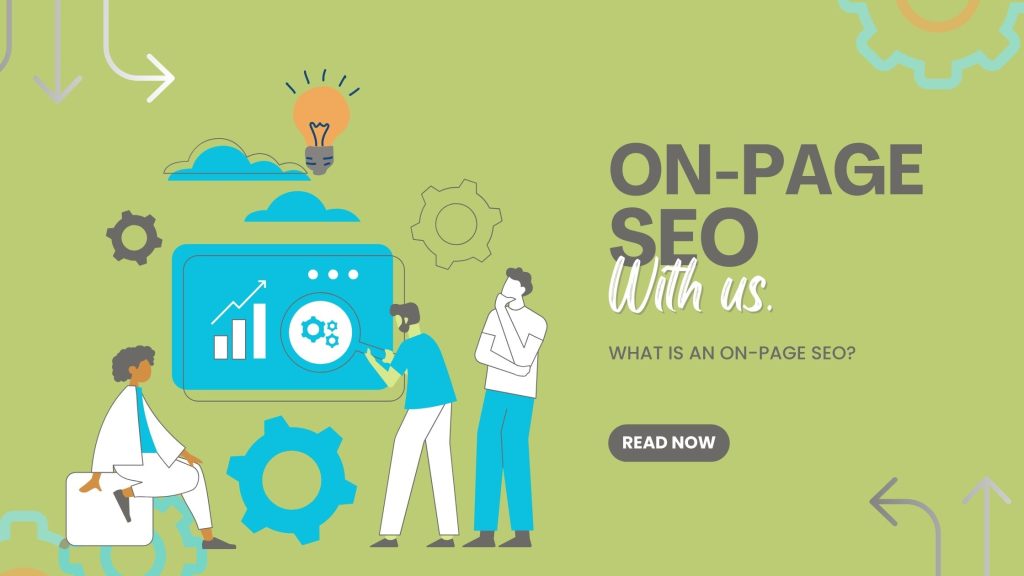In the dynamic realm of the internet, where websites strive to stand out amidst the digital cacophony, the significance of Search Engine Optimization (SEO) cannot be overstated. As businesses and individuals alike aim to enhance their online presence, understanding the nuances of SEO becomes paramount. One integral facet of this digital strategy is On-Page SEO—a game-changer in the pursuit of higher search engine rankings and increased visibility.
The art and science of On-Page SEO involve optimizing various elements directly on a webpage to align with search engine algorithms and user expectations. This article will delve into the intricacies of On-Page SEO, unraveling its components, and providing actionable insights to empower you on your digital journey. Join me as we navigate through the vast landscape of On-Page SEO, uncovering its secrets and discovering the keys to unlocking online visibility.
What Is An On-Page SEO And Its Advantage?
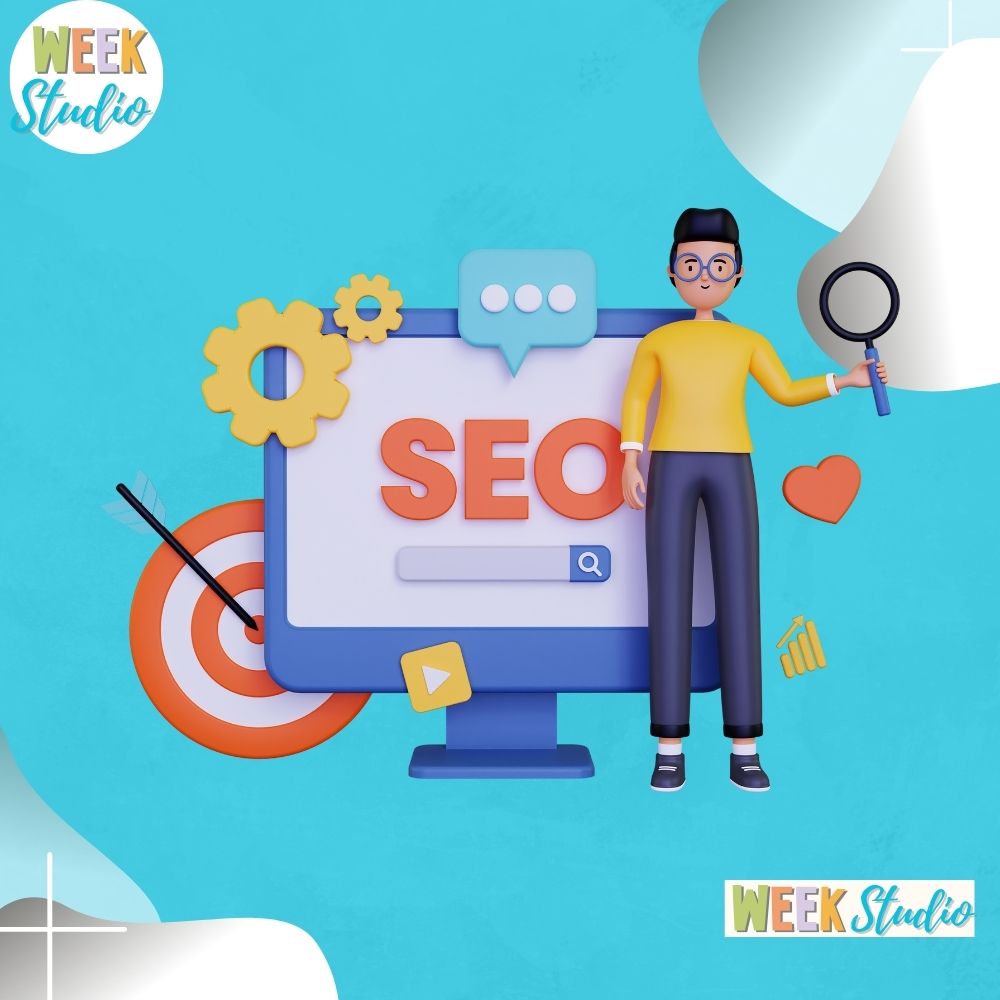
On-page SEO It’s one of the most important aspects of SEO, and it covers a wide range of techniques from keyword research and copywriting to link building and site architecture. The benefits of effective on-page SEO are numerous. Higher rankings in search results mean more visitors to your site, which can lead to more leads and sales. Additionally, on-page SEO can help to create a better user experience for your visitors, which can improve your site’s stickiness (the amount of time people spend on your site) and reduce your bounce rate.
On-page SEO is an essential part of any effective SEO strategy, and it should be a top priority for any business looking to improve their web presence. By following the latest trends and best practices in on-page SEO, you can help your site to rank higher in search results, attract more visitors, and generate more revenue.
One of the most important aspects of on-page SEO is keyword optimization. When selecting keywords for your site, it’s important to choose terms that are relevant to your business and that have high search volume. You should also make sure to include these keywords throughout your site, including in the title, the body, and the anchor text of your links.
Another key element of on-page SEO is site structure. You should make sure that your site is easy to navigate, with clear and concise navigation menus and links. You should also make sure that your site is properly formatted for search engines, with titles, headings, and meta descriptions that accurately reflect the content of your pages.
What Is Technical SEO Vs On-Page Vs Off Page?

As we know ‘ I mean we the Experts ‘ in the SEO There are three main types: curios to know? let’s find out, Technical SEO optimizes your website and its architecture for the best possible search engine visibility and ranking. On-page SEO is the process of optimizing individual webpages for ranking in search engine results pages (SERPs). Off-page SEO is the process of optimizing your website’s online presence and links to improve its search engine ranking.
- Technical SEO is the foundation of all SEO activity. It covers the basics like site speed, crawlability, and indexability. It also includes more advanced topics like canonicalization, pagination, and duplicate content.
- On-page SEO is the process of optimizing your website’s content, titles, headings, images, and other elements for the best possible search engine visibility and ranking. On-page SEO includes optimizing your website’s keywords, meta descriptions, and alt text.
- Off-page SEO is the process of optimizing your website’s external links and social media presence for the best possible search engine visibility and ranking.
SEO is the process of optimizing your website’s content, titles, headings, images, and other elements for the best possible search engine visibility and ranking. SEO includes optimizing your website’s keywords, meta descriptions, and alt text. SEO is a long-term strategy that requires ongoing optimization and regular monitoring to ensure that your website is performing at its best. The best way to ensure that your website is performing at its best is to hire a professional SEO company that can help you with all of your SEO needs.
What Are The Factors Of On Page SEO?
On page SEO is the practice of optimizing a website’s content and structure to improve its ranking in search engine results pages. On page SEO techniques include optimizing the titles and meta descriptions of webpages, ensuring that the site’s content is of high quality and making sure that it is properly indexed by search engines.
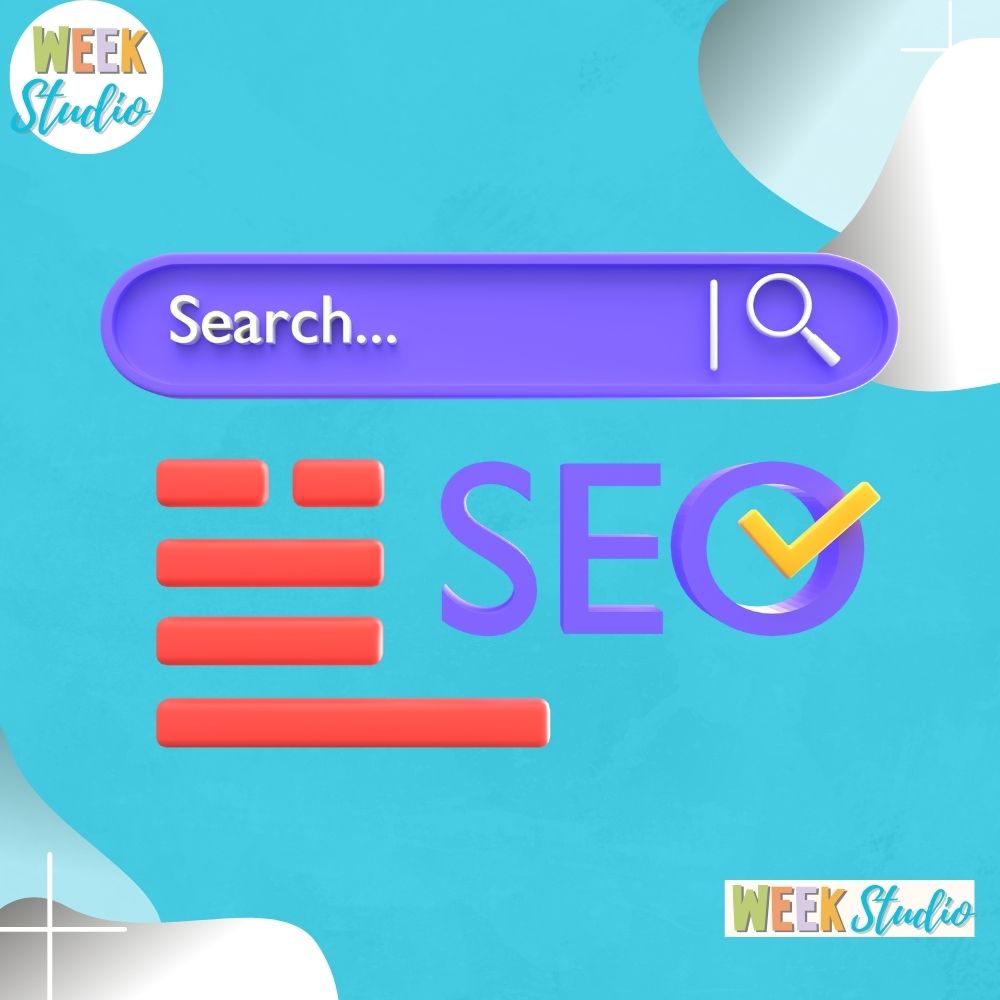
The title and meta description of a webpage are important because they are the first thing that people see when they search for a term. If the title and meta description are well written, they can persuade people to click on the link to the page. If they are not well written, people will be less likely to click on the link.
The title of a web page is the most important part of the meta description. It is the first thing that people see when they search for a term, so it needs to be well written. The title should be catchy and interesting, and it should accurately describe the content of the page.
The meta description is also important, but it is not as important as the title. The meta description should be well written and it should accurately describe the content of the page. It should also be persuasive, so that people will be more likely to click on the link.
There are a number of factors that go into on page SEO. The most important of these are the titles and meta descriptions of webpages. The title of a webpage is the text that appears in the search engine results pages (SERPs) as the link to that page. The meta description is the text that appears below the title in the SERPs.
What Is The Best On Page SEO Score?
The best on page SEO score is the score that will get you the best ranking on search engines. This is a score that is determined by how well you have optimized your website and its pages for search engine ranking. There are a number of factors that go into on page SEO, and the best score is the one that will optimize all of these factors.
There are a number of things that you can do to improve your on page SEO score. One of the most important is to make sure that your website is well-coded and that all of your pages are properly formatted. You should also make sure that you have keyword-rich titles and descriptions, and that you are using the correct keywords throughout your website.
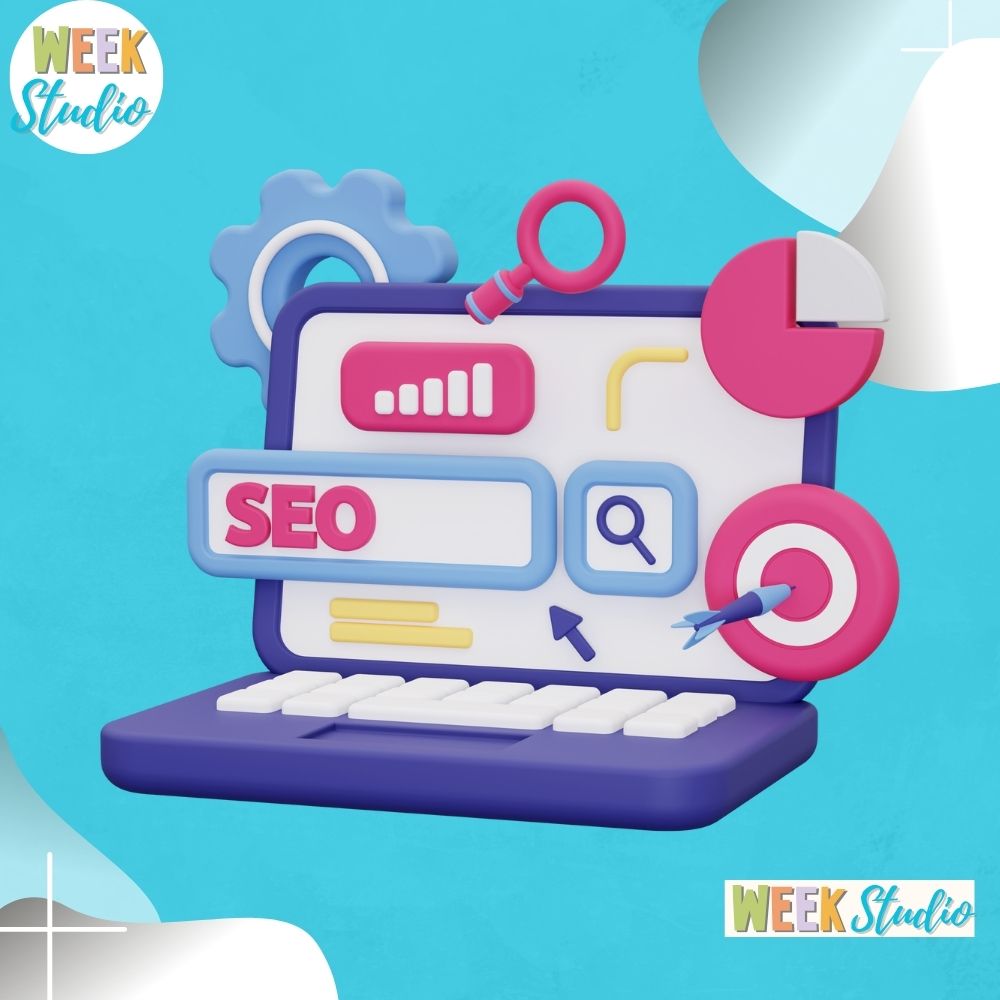
You should also make sure that your website is fast and that it loads quickly. Google now uses page loading speed as a ranking factor, so it is important to make sure that your website is as fast as possible. You can use a tool like Google PageSpeed Insights to test your website and to see how you can improve your page loading speed.
Another important factor is to make sure that your website is mobile-friendly. More and more people are now using mobile devices to access the internet, so it is important to make sure that your website is mobile-friendly. You can use the Google Mobile-Friendly Test to test your website and to see how you can improve your score.
You should also make sure that you are using the correct meta tags. Google uses meta tags to determine the content of your website, so it is important to make sure that your meta tags are correct. You can use the Google Structured Data Testing Tool to test your website and to see how you can improve your score.
When you are writing a blog post, you should make sure that you are using the correct keywords. Keywords are the words and phrases that people use to search for information on the internet. By using the correct keywords in your blog post, you can increase the chances that your blog post will show up in Google’s search results.
Finally, you should make sure that you are using the correct anchor text. Google uses anchor text to determine the relevance of your website pages. You should use keyword-rich anchor text to link to your website pages. For example, if you are writing a blog post about blue widgets, you should use the anchor text “blue widgets” to link to your website’s blue widget page.
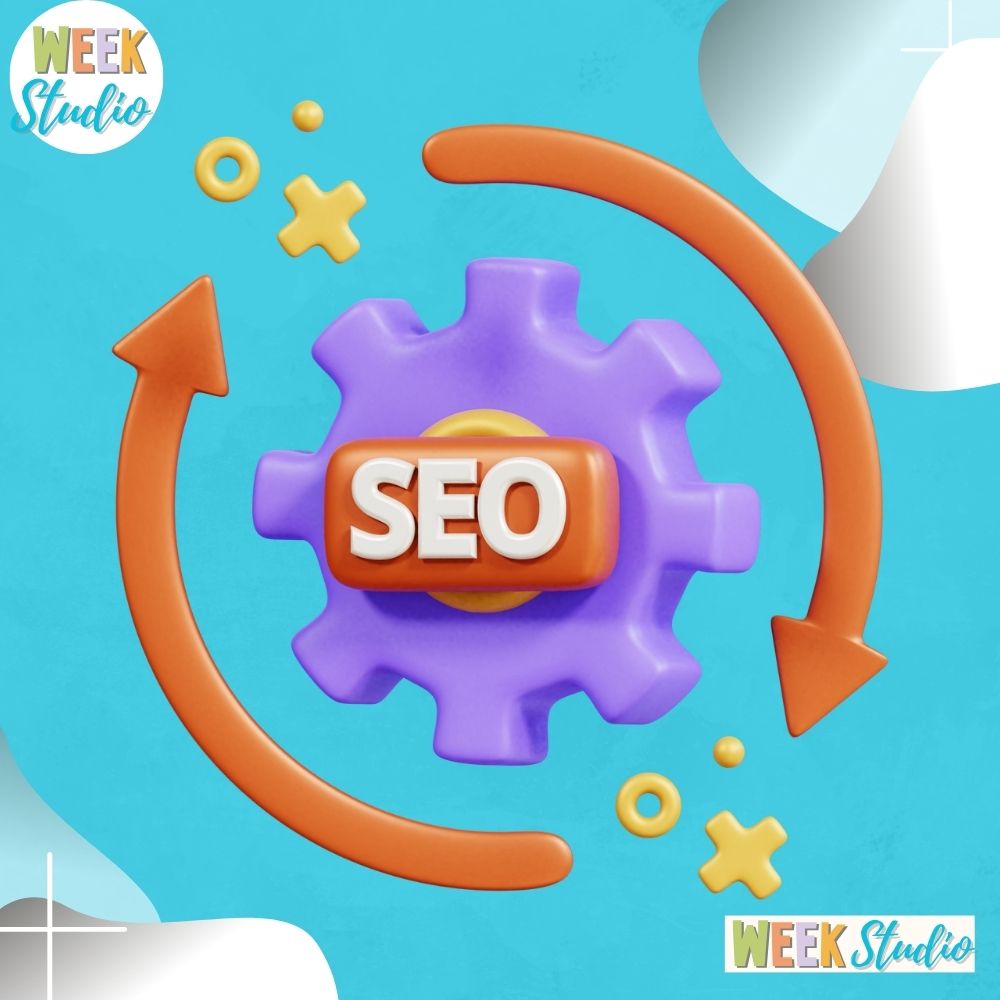
When it comes to optimizing a website for search engines, on page SEO is key. This is the process of optimizing your website’s content, structure, and code to make it as visible and relevant as possible to search engines. There are three primary on page SEO elements that you need to focus on: content, structure, and code.
Content
The most important element of on page SEO is your website’s content. Your content needs to be high quality, keyword rich, and relevant to your target audience.
You should also make sure that your content is updated regularly, and that you are adding new content to your website on a regular basis. This will help you to keep your website fresh and relevant, and it will also help you to improve your website’s search engine ranking.
Structure
You need to make sure that your website is easy to navigate, and that your visitors can find the information they are looking for quickly and easily. You should also use keyword rich titles and descriptions for your pages, and you should make sure that your keywords are included in your website’s URL. Optimization You also need to optimize your website for SEO. This means optimizing your website’s code, and optimizing your website’s content. You should also use proper heading tags, and you should make sure that your website is properly indexed by the search engines.
Code
Make sure that your site is valid and error free. use a validator to check your code, and fix any errors that are found. next, make sure your site is properly formatted for the search engines. use the correct h1, h2, and h3 tags, and make sure that your title tag and meta description are keyword rich and accurate.
On page SEO is one of the most important aspects of SEO. It is the process of optimizing your website for the search engines, and it is the process of optimizing your website’s content and structure for the best possible search engine ranking. On page SEO is important because it is the foundation of your SEO campaign. If your website is not properly optimized, you will not be able to achieve good search engine rankings.
What Are The Three Categories Of On Page SEO?
There are three main categories of on page SEO: optimizing your title tags, meta descriptions, and header tags; improving the readability of your content; and optimizing your images. Title tags are the blue text that appears in the tab of your web browser when you open a new page. They also appear as the headline on the search engine results pages (SERP). The title tag should accurately describe the content of your page.
Meta descriptions are the brief summary of your content that appears under the title tag in the SERP. They should accurately describe the content of your page, and should include keywords that people might use to search for that content. Header tags are the large, bold text that appears at the top of your web page.
How Many Types Of On Page SEO Are There?

There are many types of on page SEO, but the three main types are technical SEO, on page content optimization, and backlinking. Technical SEO is the process of optimizing your website for the search engines, by ensuring that your website is coded correctly and that all of your pages are indexed correctly.
On page content optimization is the process of optimizing your website’s content for the search engines, by ensuring that your pages are keyword-rich, and that your content is engaging and relevant to your target audience. Backlinking is the process of building links to your website from other websites, in order to improve your website’s search engine ranking. All of these types of on page SEO are important, and should be used together in order to achieve the best results.
Technical SEO is the foundation of your SEO campaign, and should be used to ensure that your website is coded correctly and that all of your pages are indexed correctly. On page content optimization is the next step, and is used to ensure that your pages are ranking for the right keywords, and that your content is of the highest quality. Finally, backlinking is the most important step in any SEO campaign, and should be used to increase the authority of your website and to increase your rankings for the keywords that you are targeting.
Conclusion
Navigating the intricate landscape of On-Page SEO unveils a realm where the art of optimization converges with the science of search algorithms. As we conclude this exploration, it becomes evident that mastering On-Page SEO is not just a strategic choice but a necessity for anyone seeking to carve a significant digital footprint.
In this journey, we’ve unearthed the significance of elements such as title tags, meta descriptions, URL structures, and content optimization. The fusion of these components doesn’t merely cater to search engines; it crafts an enriched user experience, aligning seamlessly with the evolving expectations of online audiences.
Remember, On-Page SEO is not a one-time endeavor but a continuous process. Staying attuned to algorithm updates, refining content strategies, and embracing the synergy of user-centricity and optimization will propel your digital presence to new heights. So, as you embark on your On-Page SEO endeavors, armed with insights and strategies, keep in mind that the path to online visibility is dynamic. Adaptability and a commitment to excellence will be your guiding lights in this ever-evolving digital landscape.
FAQs About On-Page SEO
- 1. Why is On-Page SEO important for online visibility? On-Page SEO directly influences how search engines interpret and rank your webpage. By optimizing key elements, you enhance visibility, attract organic traffic, and provide a better user experience.
- 2. How frequently should I update my content for On-Page SEO? Regular content updates are beneficial. Aim for periodic reviews to ensure information accuracy, relevancy, and alignment with evolving search engine algorithms.
- 3. Are social media signals crucial for On-Page SEO? While social signals are not direct ranking factors, social media integration enhances visibility and can drive traffic. Engaging content often gets shared, indirectly influencing SEO.
- 4. Can On-Page SEO compensate for poor-quality content? No. On-Page SEO and content quality go hand in hand. Even the most optimized page won’t sustain visibility if the content lacks relevance, depth, and value.
- 5. How can I stay updated on On-Page SEO best practices? Follow reputable SEO blogs, attend industry webinars, and leverage tools to stay informed about algorithm updates and emerging trends. Continuous learning is key in the dynamic field of SEO.
As you embark on your On-Page SEO journey, these FAQs serve as a compass, guiding you through common queries and shedding light on the intricacies of this ever-evolving digital landscape. Happy optimizing!
